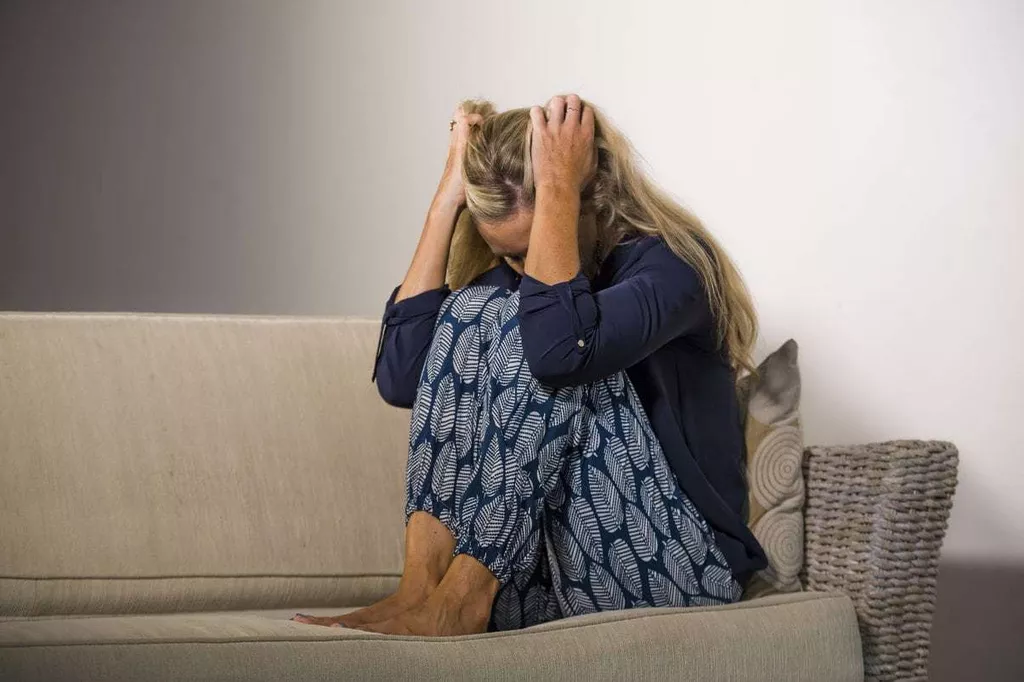If someone is worried about a panic attack, they can ask a doctor for more help. A doctor can explain short-term coping methods and long-term treatment options. By learning to manage or avoid their triggers, people may be able to reduce the frequency and intensity of panic attacks. Depending on the severity of panic attacks, a doctor may prescribe a “use-as-necessary” medication. A technique called progressive muscle relaxation is a popular, effective method for coping with anxiety and panic attacks. A mantra is a word, phrase, or sound that may help with focus and provide strength.
Anxiety After Drinking (Hangxiety): Causes and Remedies – Health.com
Anxiety After Drinking (Hangxiety): Causes and Remedies.
Posted: Thu, 07 Dec 2023 08:00:00 GMT [source]
Why do some people feel more anxious after drinking than others?
Both conditions substantially increased the prospective relative risk for developing the other. Panic disorder is an anxiety disorder that involves multiple unexpected panic attacks. A main feature of panic disorder is does alcohol cause panic attacks that the attacks usually happen without warning and aren’t due to another mental health or physical condition. Sometimes, people turn to alcohol or other substances to help them cope with symptoms of mental illness.
- In people assigned male at birth, alcohol consumption can decrease testosterone production and sperm quality.
- Every time you drink, alcohol triggers an increase in the production of insulin.
- If you experience sudden, intense anxiety and fear, it might be the symptoms of a panic attack.13 Other symptoms may include a racing heartbeat, or feeling faint, dizzy, lightheaded, or sick.
- Both conditions substantially increased the prospective relative risk for developing the other.
Substance Abuse Treatment
- For the most part, these symptoms appeared without warning, and over time he began to develop an intense underlying sense of anticipatory apprehension related to the unpredictable and uncontrollable appearance of these spells.
- From a glass of wine with dinner to a night out with friends or a celebratory toast, alcohol consumption is deeply ingrained in many social practices and cultural traditions worldwide.
- A person may experience shortness of breath or hyperventilate and feel detached from reality.
- Fortunately, you don’t have to let panic attacks interfere with your chances of enjoying a successful recovery.
- However, while it is important to deal with panic attacks, it is also important to acknowledge the situation and the fear you feel.
Depending upon the severity and underlying causes of your panic attacks, you might also work with a healthcare professional to determine if you could benefit from prescription medications or talk therapy. Learning that you can cope with a panic attack without drinking is empowering, and your body will learn how to relax without alcohol coursing through your bloodstream. Drinking heavy amounts of alcohol regularly can also cause your body to become dependent upon the chemical reaction that occurs in your brain. When you stop drinking, the withdrawal symptoms are a result of your body continuing to crave the stimulation that alcohol once generated. While the initial withdrawal symptoms can be uncomfortable, it helps to know that they will dissipate over time Quitting alcohol opens up new opportunities for you to live a healthier lifestyle that makes it easier to achieve your goals. Trying to quit alcohol on your own can sometimes lead to developing uncomfortable withdrawal symptoms that impact your physical and mental health.
- While small amounts of alcohol may activate GABA and cause you to relax, heavier drinking can sap GABA.
- If there’s no underlying physical cause, your provider may make a diagnosis according to your symptoms and risk factors.
- Excessive consumption of alcohol causes dehydration, which can make you feel dizzy and increase your heart rate.
- These effects are particularly visible the day after drinking when the hangover begins to set in.
Can alcohol cause anxiety and panic attacks?
- The notion of a simple, unidirectional, causal link between co-occurring disorders is not supported by the findings reviewed in this article.
- Our cases, to the best of our knowledge, are the first in the literature in which panic disorder has developed after the cessation of chronic alcohol abuse.
As you drink alcohol, it acts as a sedative which can make you feel more at ease. This can be dangerously addictive if you have frequent anxious thoughts. This type of self-medication can lead to alcohol dependency and may result in regular, alcohol-induced panic attacks.
Medical Professionals


